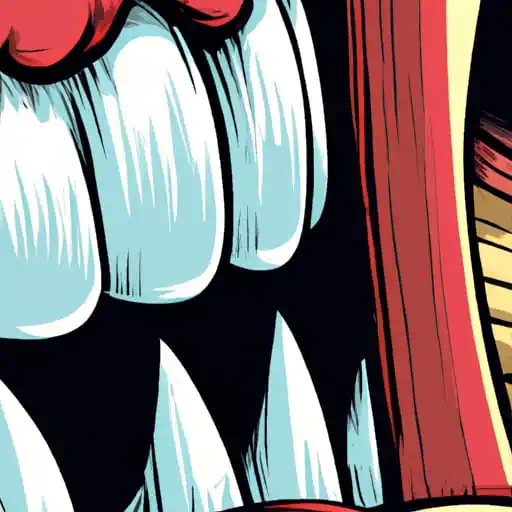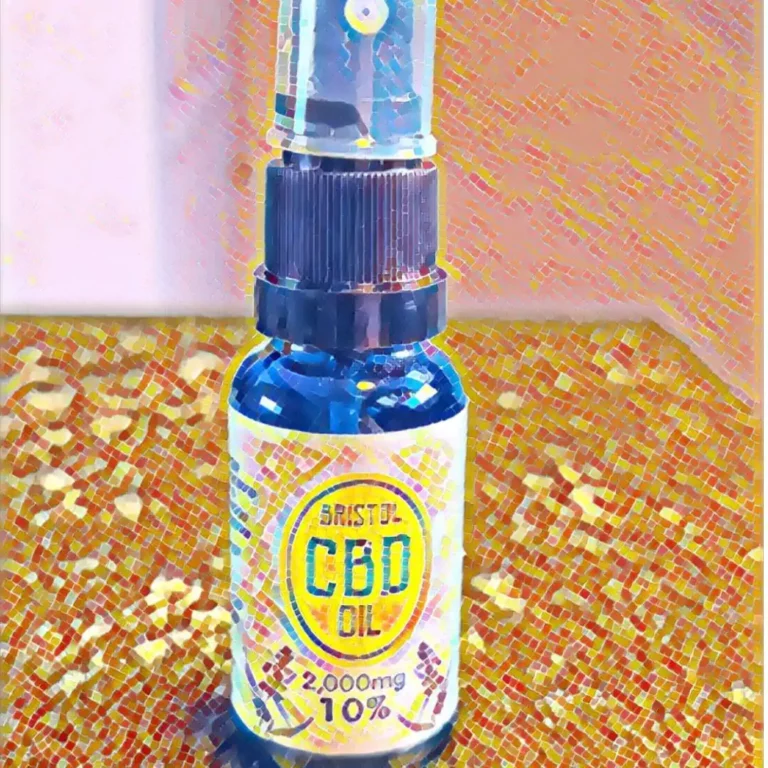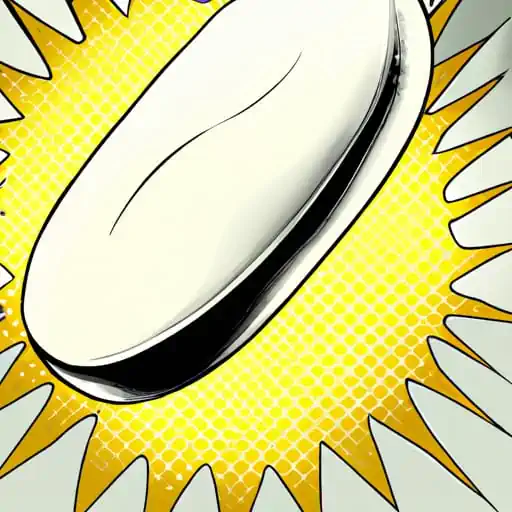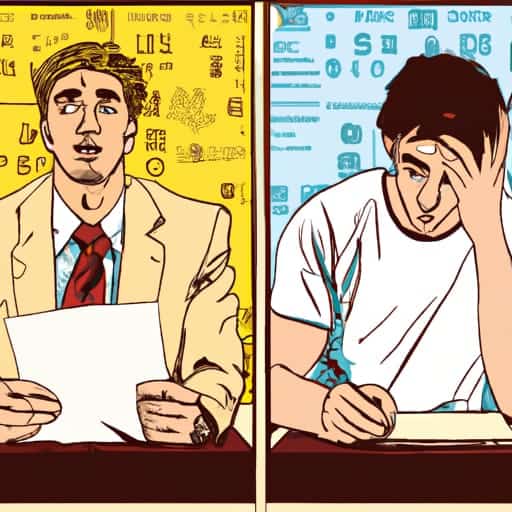Is Teeth Chattering A Sign of Anxiety? Understanding Your Symptoms
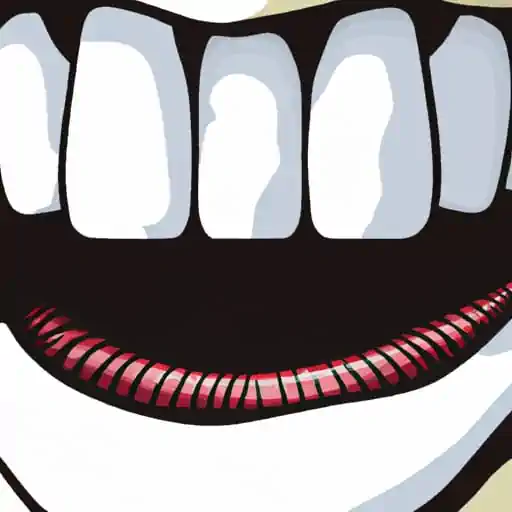
Teeth Chattering in Adults
Have you been noticing that your teeth chatter more often lately? Because of my background, I tend to put most things down to anxiety, but though anxiousness can be a common cause of chattering teeth, there are a variety of causes why your teeth might chatter.
There could be many reasons for this chattering, from emotional stress to side effects of medications or even withdrawal from drugs or alcohol. In this blog, we’ll discuss the most common causes of teeth chatter, the symptoms of teeth grinding and offer some non-urgent advice on how to see a dentist if you think your teeth might be a sign of something more serious. Thank you for reading!
Teeth Chattering in Cold weather
This is the most common reason your teeth might chatter. It does not necessarily have anything to do with nervousness, but let’s explain it to reassure you and move on.
You’re waiting for the bus in the rain, sledding down a snowy hill, or just walking around outside in cold temperatures when your teeth start to chatter. Nearly everyone knows what it’s like to have teeth that chatter when they get cold and their body temperature drops.
When your body’s temperature drops below what it should be, your body needs to make more heat. This begins in the hypothalamus, which is the part of the brain that controls body temperature.
Your body tries at all times to maintain a constant internal body temperature. Low body temperature is a medical condition known as hypothermia, but your body is going to generate some heat to maintain your internal body temperature. The hypothalamus has something called the “shivering center.” When you shake, it’s because your muscles contract and relax quickly over and over.
All of your skeletal muscles, from your shins and thighs to your shoulders, hands, and cheeks, will start to shake and shiver, either gently or violently. This uses up energy and creates heat.
This chattering is caused by the facial muscles, including the muscle in your temporomandibular joint.
So, this involuntary movement is your body’s way of trying to keep you as toasty as possible, even in the cold. If your problem is caused by cold weather, then you will have body shivers and chattering teeth.
It’s a perfectly normal warming process, and these muscle spasms are actually helpful and nothing to worry about.
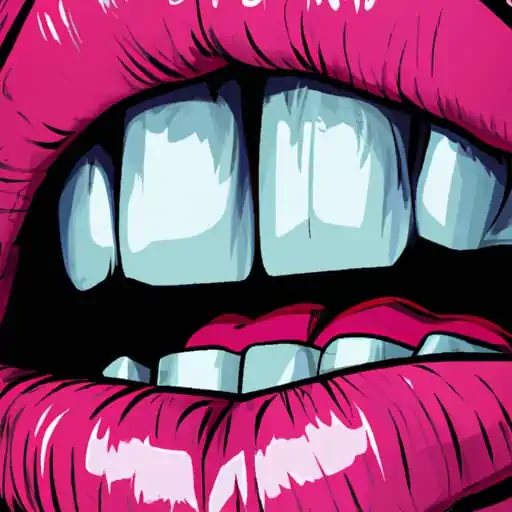
What If Your Teeth Are Chattering But You’re Not Cold?
There are other things that teeth chattering might be a symptom of. Read on!
Chattering Teeth as a Side Effect Of Medication
Bruxism is technically when you grind or clamp your jaw and is a known side effects of SSRIs, selective serotonin uptake reinhibitors.
Also, Many common medications can cause tremors or trembling. When this is felt in your jaw, it may be experienced as teeth chattering.
There are four prime cases where drugs or medication may cause your teeth chattering.
You Are Overusing Your Meds
You are taking more than you are prescribed. For example, people often overuse asthma inhalers, and this will give you a fine tremor.
In this case, reduce your usage of the medication to the level you are officially prescribed.
You Are Prescribed Too High A Dose
You are taking medication exactly as prescribed, but it is at a dose that is too high for you. For example, lithium or levothyroxine.
In this case, speak to your doctor. This is also true if you take high doses of caffeine. Caffeine at causes the release of adrenaline, which as we have seen, leads to trembling.
Your Meds Are Interacting Unhelpfully
You are taking your medication at the prescribed dose, and it is helpful, but it is interacting with other medications you are prescribed. Again, speak to your doctor about this side effect.
You Are In Withdrawal
You are withdrawing from medications or drugs, such as venlafaxine or alcohol. With alcohol, this can be dangerous.
If you have an addiction, and are trying to get off alcohol or any other substance, and you find yourself shaking, slow down the reduction of the drug that is causing these involuntary tremors.
I’m not saying stay addicted, I’m saying withdraw slowly and keep the shakes to a minimum.
Again, this cause of tremor is relatively easy to fix, either by going back to doctor’s advice or consulting again with your doctor.
teeth chattering panic attack
Teeth chattering can also happen because of panic attacks and anxiety. This is a common cause of chattering teeth. Trembling is one of the physical symptoms of anxiety. In fact, it might be the most common symptom of anxiety, that and high blood pressure. When you are stressed or anxious, your body goes through what is called a “fight, flight, or freeze” response. This is what your body does when it senses danger.
As your body gets ready to deal with the stressor, your heart rate, breathing rate, and blood pressure all go up. When you’re in this kind of situation, your body and brain see anxiety as a sign that you should either run away from danger or stand your ground. This gets your muscles ready to move, which causes you to shake or tremble. This is a physiological response to very high levels of anxiety.
During a panic attack, stress hormones like adrenaline (epinephrine) and cortisol flood your body.
When adrenaline runs through your body, it’s normal to shake.
Movement can stop shaking because it uses up adrenaline. If you burn off excess energy, you might see your signs of anxiety and your teeth chattering cease.
With anxiety, you notice that other parts of your body are trembling, and it’s not just your teeth that are chattering.
To treat this, you will need to be treated for generalized anxiety disorder or panic disorder. This may include antidepressant medication or cognitive behavioral therapy.
You may only get teeth chattering when you have high levels of anxiety or fear in response to an immediate threat from a person, situation, or animal. This is not the same as having an anxiety disorder, and if it is only occasional, you will probably not need treatment.
But if you are experiencing trembling and teeth chattering as one of the symptoms of a panic attack, the best way to deal with an anxiety attack like this this is to treat the underlying cause.
teeth chattering meaning: Neurological Symptoms
This is a rare cause. If you can’t find another more obvious cause listed here, then it might rarely be a neurological condition. Try not to worry and seek a medical opinion.
Teeth chatter if you aren’t cold or anxious is sometimes an early symptom of Parkinson’s disease.
In addition, sometimes teeth chattering is an early sign of neurological disorders like oromandibular dystonia (OMD). This condition happens when the muscles in your jaw, face, and mouth contract and relax by themselves.
No one knows for sure what causes OMD, but it has been linked to:
- Brain injuries may rarely lead to chattering teeth.
- People who have the idiopathic torsion dystonia (ITD) gene, which can cause spasms that make your teeth chatter
Teeth chattering can also be an early sign of Parkinson’s disease. Researchers think that the start of Parkinson’s may be linked to low levels of neurotransmitters like dopamine and norepinephrine, which control how much dopamine is made.
Neurological causes of tooth chattering are rare, but if you can’t find a more common cause from those listed on this page, then you should seek medical advice.
Dental Problems: The Chronic Stress of Bruxism
The grinding of teeth is not the same as teeth chattering. It is a moderately common symptom of stress and is caused by the involuntary clenching of your jaw and the grinding or clamping of the teeth together. This often happens at night.
This can, with a chronic high stress level, lead to knotting of the jaw muscles, which, when released, may cause this teeth chatter. But this is actually rare.
Chronic anxiety symptoms can lead to clenching, but teeth chatter is more likely to be caused by acute anxiety or panic. Long-term jaw tension may lead to jaw twitches
Teeth grinding, known by the medical name of bruxism, can be caused by more anxiety or stress. So can frustration and anger. This jaw clenching is common in young children, but most kids grow out of it by the time they reach adulthood.
We know antidepressants called selective serotonin reuptake inhibitors (SSRIs) can actually cause bruxism. Also, recreational drugs such as amphetamines cause involuntary chewing movements. A specialist doctor called a psychiatrist is the expert to consult for advice on the right type of antidepressant if the one your GP has prescribed has led to tooth grinding.
You may have family members who grind their teeth. Most of the time, clenching your jaw and grinding when asleep runs in families.
A 2018 study into bruxism found it correlated with high trait neuroticism and lower emotional stability.
Some mental health and medical disorders, like Parkinson’s disease, dementia, gastroesophageal reflux disorder (GERD), epilepsy, night terrors, sleep disorders like sleep apnea, and attention-deficit/hyperactivity disorder, have been linked to teeth grinding (ADHD). But again, teeth grinding is not the same as teeth chattering.
But bruxism that is too bad can lead to dental issues and ultimately serious damage to your teeth enamel, fillings or crowns. This in turn can lead to worsening dental disease.
Bruxism can give you headaches from stress. You may get dental pain, jaw pain or oral pain. You may get tooth damage and it may contribute to gum disease. When you open and close your mouth, it may sound like the joints (TMJs), which are right in front of your ears, are clicking.
You can either seek support for your chronic stress level and anxiousness from a doctor, or more immediate relief from the dental problems of tooth grinding from a dentist.
Treatment options might include the use of a mouth guard overnight (custom night guards), chewing gum on a regular basis because the contractions of the jaw caused by chewing gum can relieve pressure in the jaw muscles. They may suggest exercises or massage of the temporomandibular joint (TMJ) muscles.
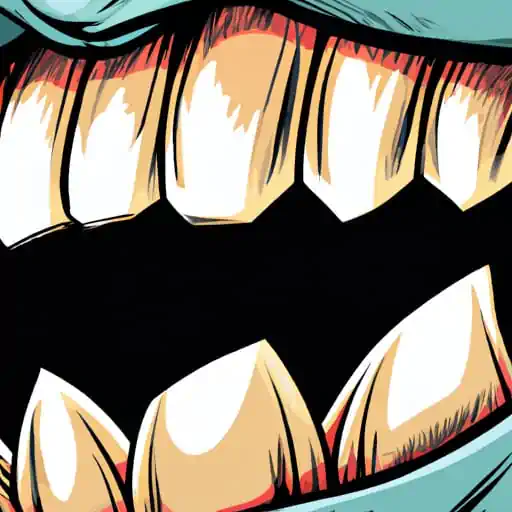
Conclusion: What Treatment Will Help?
What treatment will help depends on the cause of your chattering teeth.
Treatment For Cold Temperature
Obviously, if it’s because you are cold, get warm! Hypothermia can be deadly.
Treatment If Related To Medication
If it’s because of medication, either take your meds as prescribed, or if you are already doing that, make an appointment with your healthcare provider to discuss changes to your medication.
Treatment for Withdrawals
If it’s because of withdrawal from medication, or alcohol, go slower with the reduction and stop more slowly. Seek medical support with the withdrawal, don’t do it on your own.
Treatment for Tooth Grinding
If it’s because of the tension of teeth grinding, then you can either go to a doctor to be treated for the chronic anxiety or go to see a dentist for dental methods that preserve your oral health, protect your teeth, eradicate periodontal disease and reduce your pain. It’s always a good idea to take care of your oral health.
Treatment For Anxiety
If it’s because of anxiousness, then seek treatment of anxiety disorder from a health professional, usually through psychological therapies or antidepressant medication.
Suspected Neurological Conditions
If it isn’t from any of the causes listed above and you have reason to suspect you might have a neurological problem, arrange a consultation with your doctor as soon as possible. The best way is not to worry unnecessarily; the other causes of chattering teeth are far more common and much easier to treat.

Is Teeth Chattering A Tic?
Tics are sudden, repetitive movements or sounds that are hard to stop. Chattering teeth can be a tic. Tics are a sign of conditions like Tourette’s syndrome or chronic tic disorder.
A person has chronic tic disorder if they have had one or more motor or vocal tics for at least a year. People with chronic tic disorder may have a motor tic in which they chatter their teeth.
Finally, Stop Smoking!
I know you knew I was going to say this, but stop smoking if you already haven’t. Quitting smoking is the single best thing you can do for your health.
Related Articles
Top 5 Herbs in Ayurveda for Treatment of OCD
Depression After Stopping Drinking
5 Most Effective Antidepressants for Anxiety and Depression (and 3 you should avoid)

